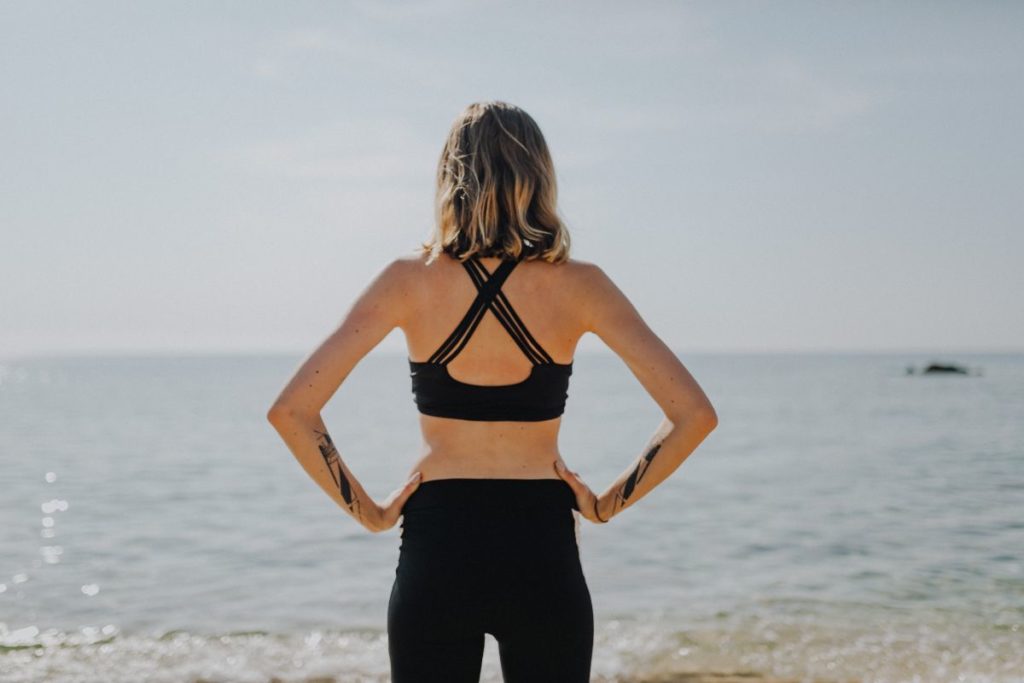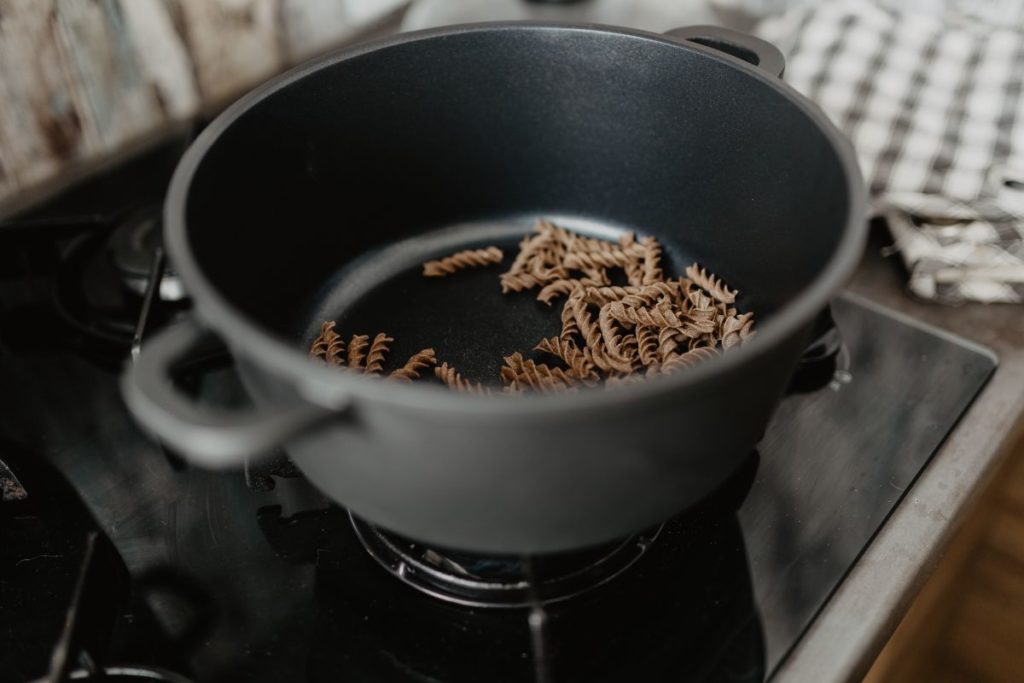
Do you ever get the feeling that your workout is being wasted? Whether you exercise before work or in the evening, at home or in the gym (probably the former right now, we’re safely assuming) sometimes it’s hard to fight that creeping sense that you could be doing things better. That you should be bulking quicker. Clocking records. Shredding and shedding with more precision…
Well, if your results don’t match your effort, then the worst thing you can do is just carry on regardless, hoping for change. Because you know how a wiseperson defined insanity, right?
There are no easy answers here. The key to getting stronger, fitter, and leaner combines consistency, hard work, and training smart. Let’s focus our attention on the latter today, with these 5 fitness tricks and tips on maximising the effectiveness of your workout.
CAFFEINE & CARBS BEFORE YOUR WORKOUT
The favoured drink of endurance runners and bodybuilders alike, make sure to drink a cup of coffee 1-2 hours before your morning workout. 200-400 mg of caffeine supplements in a pre-workout cup can help to stimulate your central nervous system to make you lift heavier, and run and cycle faster. What’s more, caffeine helps to increase fat-burning and endurance, and diminish muscle pain during training, which means you can push harder and do more reps.
However, be sure to eat something before physical activity, too. Your optimised workout won’t run on caffeine alone. Working out when you are hungry can lead to performing at less than your maximum capacity, and you’lll be more likely to overeat following your exercise, too.
The meals you eat before your workout should ideally include nearly 40g of slow-digesting carbs such as oatmeal, fruit, sweet potatoes, buckwheat, or whole-wheat bread. Researchers show that eating slow-digesting carbs like whole grains can help to burn more fat and increase endurance.
At the same time, in the four hours before exercise, avoid eating food with high levels of saturated fats, such as the fast, processed stuff, even if you are in a mass-gaining phase. High-fat meals inhibit the ability of nitric oxide to dilate blood vessels during the following four hours, meaning decreased blood flow to muscles and less of a muscle pump.

DRINK WATER
Many people tend to be dehydrated when they are working out, which results in losing bodyweight in fluids and making your exercise feel harder, in turn reducing your productivity and the body’s ability to recover properly.
Professionals recommend that you drink water regularly throughout the day to stay hydrated. As a general rule, drink 300-500 ml 2 hours before your workout, 80-100 ml 10 minutes before training, 100-150 ml every 10-15 minutes during exercise and more than 200 ml after training. To make sure you are drinking enough water within your workout to restore fluids you lose, weigh yourself before and after physical activity. You shouldn’t lose more than 2% of bodyweight.
Since exercise is a source of stress that increases levels of cortisol in an organism, consider drinking up to four cups of tea during the day, too. Studies suggest that drinking tea can help to lower levels of the catabolic hormone after workouts, helping to improve performance.
LIMIT YOUR WORKOUTS & REST INTERVALS
Though the urge is strong to push yourself for longer, in the name of getting the maximum benefit from your workout, the opposite might in fact be true.
Recent studies have suggested that exercising for 60 minutes a day may bring about less weight loss than individuals that exercise for 30 minutes. This could be explained by longer workouts having less intensity, or the extra time commitment causing motivation to wane in the long run.
You can also hack your workout to work better for you by cutting down your rest intervals. In doing so, you’ll be maintaining intensity throughout your workout, and keeping your heart rate elevated during your training session. Regular cardiovascular training like this helps your body better deliver fresh oxygen to muscles and push harder through workouts, even when you are tired.
Of course, the proper amount of time for rest intervals depends on the unique fitness levels and goals of the individual. As a general rule, take enough rest to enable you to go hard during your next set, but not so much to be fully recovered.

CONSIDER USING NATURAL SUPPLEMENTS TO AID MUSCLE RECOVERY
There are several supplements you can take to aid the natural recovery of your muscles. Probiotics, available in capsule form (or you could just eat lots of kimchi!), supply the gut with healthy bacteria and support immune function. And with the body working in harmony, the right foundations are laid for optimum muscle recovery.
Of course, you could also consider every bodybuilder’s favourite supplement, protein. Available in shakes, powders, pills and more, have a more in depth look at protein powder’s workout benefits over here.
INCLUDE ENOUGH VARIETY
Variety is the spice of life, as they say. It’s also the key to a truly effective workout regime. So, make sure you incorporate compound exercises, intense cardio and focused muscle group routines to give yourself the most well-rounded practice you can.
Although you might, for instance, love running and dread lifting weights, you still need to combine your exercise routine with muscle strengthening if you’re to get the very most from your efforts. And that’s why you’ve arrived at the end of this article, right? Because you’re determined and focused…
Go one step further in that all encompassing approach and incorporate a workout mix of stretching, flexibility, balance, and posture exercises such as Pilates, Tai Chi, or Yoga into your routine.
And with that, we wish you good luck!





